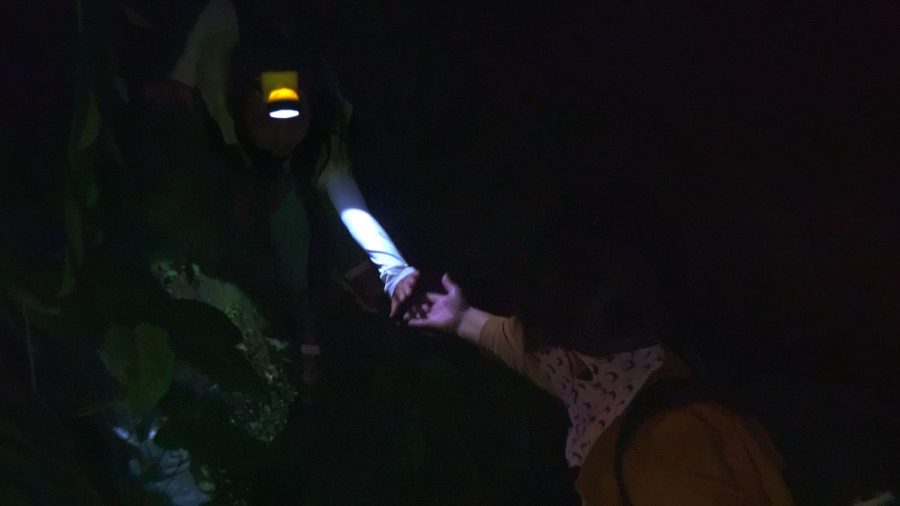Sundance 2023: ‘Beyond Utopia’ Exposes North Korea Beyond the Propaganda
January 25, 2023
Director and documentarian Madeleine Gavin’s latest film “Beyond Utopia” made its Sundance Film Festival premiere Saturday, Jan. 21. The documentary follows several North Korean defectors, the people that helped them escape and the friends and family they were forced to leave behind. None of the film’s footage, including that of illegally climbing through jungles and over mountains in Laos, was recreated.
A Long Journey to Freedom
Pastor Seungeun Kim is a major figure in the underground railroad that brings North Koreans to South Korea where they can receive welfare meant specifically for defectors. Leaving North Korea without government permission is a treasonous act. “Beyond Utopia” brings us face to face with two of the families Pastor Kim has attempted to help: a mother desperately trying to sneak her son across the border, and a family of five, including two young children and a grandmother, who have just crossed into China.
But getting out of North Korea is the easy part. Defectors must then travel through three countries allied with North Korea without being detected, or else they will be sent back and face harsh consequences. The mother’s son is able to make it into China with the help of a broker, someone, often a Chinese person, who is willing to smuggle goods and people out of the North for a hefty fee. The son is immediately caught and deported, and the audience can only sit and watch as the mother, who defected to South Korea 10 years prior, goes to every length to attempt to free him from the torture inflicted by North Korean officials. As her situation becomes more and more impossible, she is overcome by guilt and wishes she and her family had only been born in a different country.
At the same time, Pastor Kim himself flies out to China to help guide the fleeing family through Vietnam and Laos to get to Thailand where they can finally claim refugee status. The family was forced to escape North Korea or face exile on an inhabitable mountain to which they could bring no food, supplies or even blankets. Two young girls and an elderly woman hike 10 hours through a dense forest in the dead of night, hiding from government guard dogs and greedy traffickers, tears fall from the youngest daughters eyes as she is told if she makes any noise as they could be shot at any moment, and yet none of them can bring themselves to speak ill of the regime they have just fled. They were always taught there was no life better than the one lived in North Korea, that North Korea was utopia.
The People Behind the Regime
In an age where North Korea has become a joke brought up alongside Donald Trump and Dennis Rodman, it’s so important to be reminded that this is not simply a crazy country with a short leader and very talented children. There is much more there than fake grocery stores and nuclear weapons. There are people as unique and alive and human as anyone in any other country. They are not the monolith they are reduced to. They are neither a joke nor a subject for ineffective white saviorism. They certainly are not represented by their government anymore than you or I.
The systematically narrow-minded Western depictions of North Koreans as identical, unfeeling, anti-American and pro-nuclear power mirrors the depiction of Americans found in North Korean propaganda. We cannot view them, or any other nationality, as wholly unified or we risk objectifying and dehumanizing those we seek to aid.
This is exactly what inspired Gavin to make this film in the first place, as she told Variety, “I became more and more outraged that nobody is talking about North Koreans themselves … Too often, we focus on what North Korea’s leaders want us to focus on, which is their nukes. That’s their only leverage. Without them, they would not exist as a country.”
Moving Beyond “Beyond Utopia”
What is happening in North Korea is beyond unimaginable, and as this documentary sheds light upon the horrors of the regime, hopefully it also brings attention to each person, rather than a homogenous group, that lives in that country.







